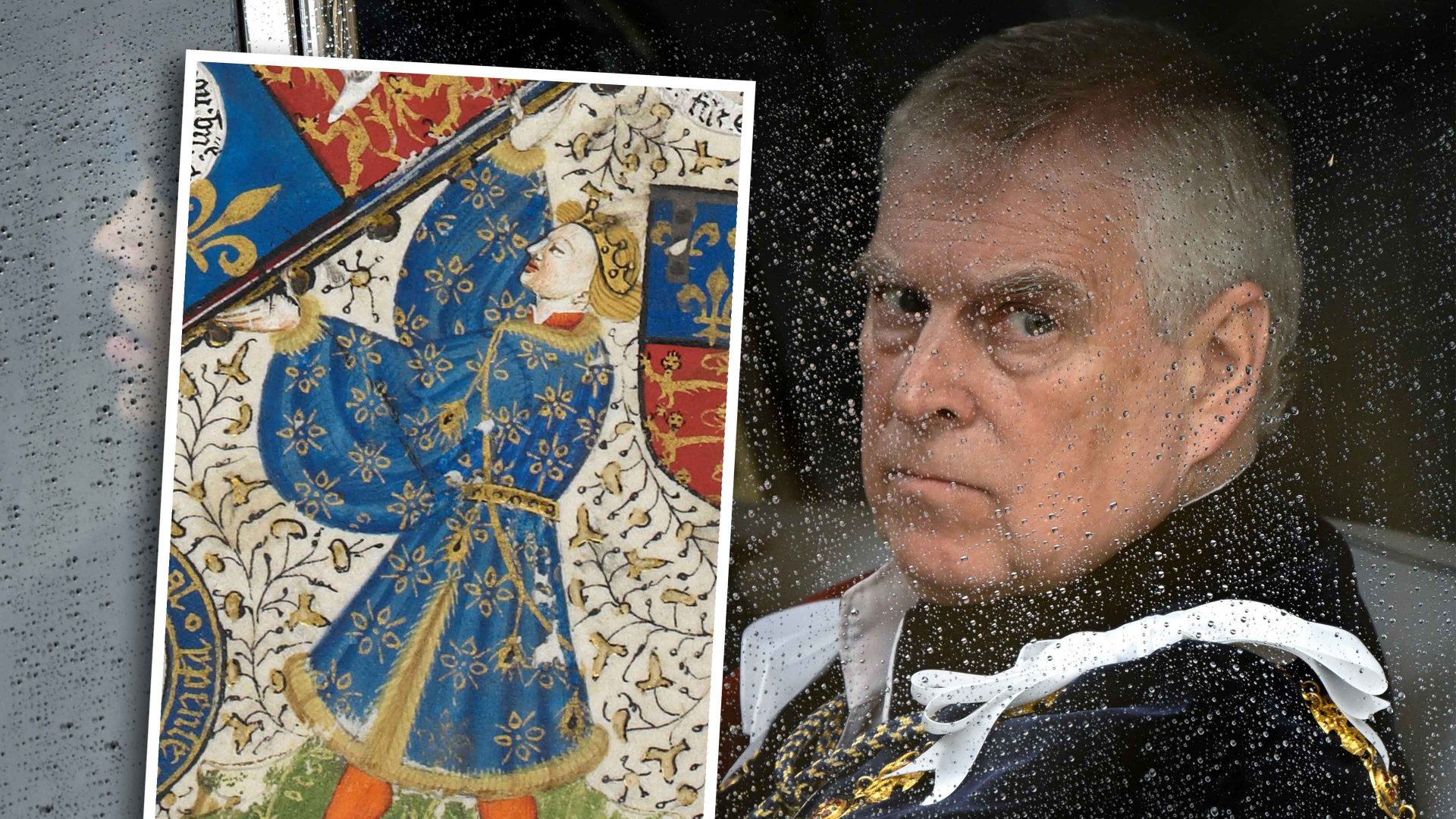A downgrading of the productivity forecast should surprise Rachel Reeves rather less than the need to register the fact that she was letting her London home. The UK’s productivity has been a consistent source of disappointment for decades. The one area in which productivity excels is the agonising over the issue and the reams of reports generated about it.
Too much reliance on cheap labour, failure to invest in technology, an obsession with the short term at the expense of long-term success and, more recently, the effects of Covid have all been singled out for blame. But, called upon to lead yet another review into the problem ten years ago, Charlie Mayfield singled out poor management as perhaps the greatest culprit.
Sir Charlie, educated at one of the elite boys’ schools, Radley College, then the Royal Military Academy, Sandhurst, avoided extending his conclusion into one aspect of British life which, while barely acknowledged, continues to hold the country back: the snobbery with which it is still riddled.
It was 1966 when a trio of brilliant comedians, of appropriately staggered heights, performed a sketch about the class system which, while the bowler hat may now look a little dated, still resonates today. The tallest declared that he looked down on the other two because he was “upper class”; the man in the middle looked up to the upper class chap (despite, it transpired, having more money than him) and down on the smaller one because he was “middle class” and the guy in the overalls shrugged and, muttering “I know my place”, acknowledged that involved looking up to the other two because he was “working class”.
These caricatures, albeit exaggerated, continue to colour attitudes. Various attempts to increase social mobility in the country have a tendency to fizzle out into mere token gestures.
Some innovations in education, such as the best academies, are striving successfully to take students from under-privileged backgrounds and get them into the top universities, but the products of British public schools still infiltrate the senior echelons of the country in numbers completely out of proportion to their intake.
The dominance of a single school, Eton, in successive Conservative governments was described as “preposterous” by Michael Gove, a former Tory Cabinet minister and a product of a fee-paying school but not part of the band of old Etonians which seems to continue to rise effortlessly to the top of so many greasy poles. Such a situation would surely not be tolerated in any other modern western democracy, but then any newcomer to the UK would be entitled to be completely bemused by the saga, played out over several years, which at long last has led to one seedy 65-year-old being deprived of “the style, titles and honours” he has previously enjoyed.
The King’s younger brother will no longer be a prince, nor be able to boast a collection of dukedoms or various other designations which, in his interpretation at least, seemed to qualify him as a very superior being, entitled to due deference from “the ordinary people”.
Suggested Reading


How the House of Windsor let Andrew happen
An argument can be made in favour of a small, relatively low-budget monarchy on the grounds that it may be better than any of the alternatives, and it seems that is what the current heir has in mind. But the structure that has prevailed, with antiquated practices and numerous hangers-on, never mind embarrassments like Andrew Windsor, has fostered the class prejudices that hold the country back.
It has favoured the professions over industry, in contrast to countries such as Germany, which have always held engineers and technicians in high regard. It has also, maybe surreptitiously, seeped into industry where those who were designated as ‘management’ assumed superiority over their colleagues often unconnected to ability and perpetuating the ‘us and them’ attitudes that have traditionally been a feature of the industrial landscape and are anathema to productivity.
Those attitudes have been quelled, at least superficially, in the larger industrial companies but they persist, and seem to be growing worse, in the public sector. There have been efforts to ensure that the most senior civil servants are now drawn from a bigger pool than the Oxbridge waters from which they used to be fished but, despite that, the idea of a relatively ‘flat organisation’ rather than a multi-tiered hierarchical one pervades thinking and public sector productivity is the victim.
Tony Blair, a Labour prime minister but one who was educated at one of Scotland’s top fee-paying schools before going to Oxford, took the view that extending the proportion of youngsters who went to university could only improve the situation but, however well-intentioned, he was wrong. Streams of youngsters from less well-off backgrounds took on massive student debt to attend second-rate establishments offering pointless qualifications and it merely perpetuated the class divide. Those with assets, preferably passed down through generations, and the confidence that seems to accompany such inherited wealth, were, again, the winners.
Being too overtly ambitious, being seen to try too hard, has always been viewed as demeaning by the British upper classes (they would call it ‘infra dig’). They might ‘dabble’ in business, but it had to be seen as a bit of a game.
When the late Duchess of Devonshire, one of the legendary Mitford sisters, decided to try her hand at business, actually manning a stand at Chelsea Flower Show to sell her wares, it was seen as a bit of a lark, not an attempt at serious commerce. The ‘gifted amateur’ is the sort of entrepreneur with whom the UK feels comfortable. In fact, Deborah Devonshire was quite gifted, and certainly determined, but too many of those who play at business in the UK are merely amateur and certainly not gifted.
Yet snobbery seems to favour them over the genuine strivers. As Rachel Reeves struggles to put together her November budget, this underlying problem in the British economy is one that she cannot hope to tackle alone.
But perhaps the House of Windsor has taken one small step towards the fundamental changes in attitude that need to be achieved to help the UK into the modern world.
Patience Wheatcroft is a crossbench member of the upper chamber of the British parliament but looks forward to the day when it is simply a part of the legislature and not entangled with the honours system.




